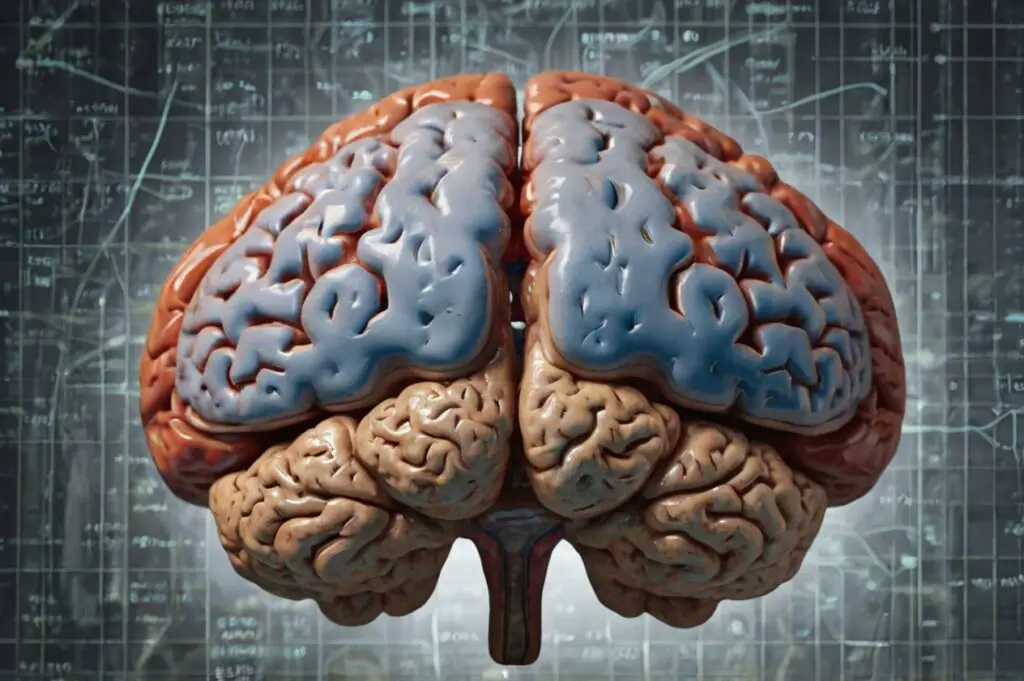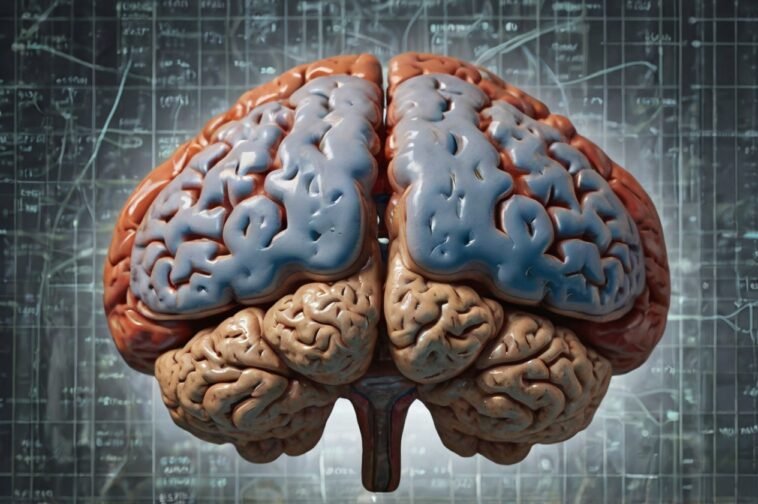
Human brains are extraordinary.
They enable us to think critically, solve problems, create art, and even ponder our own existence.
But could the human brain evolve beyond its current capabilities?
The idea sparks fascination and curiosity, as we wonder what the future of human cognition might hold.
This article explores our brain’s current abilities, potential evolutionary drivers, and the challenges of a more advanced human mind.
Current Capabilities and Limitations
To understand the potential for future evolution, let’s first consider what the human brain can currently do—and where it falls short.
What the brain can do?
The human brain is an amazing organ, made up of about 86 billion neurons that form trillions of connections.
These connections allow us to process information, remember things, and carry out complex tasks.
Thanks to our prefrontal cortex—the part of the brain behind our forehead—we’re especially good at things like planning, solving problems, and thinking in abstract ways.
These abilities are what make humans unique among all species.
Known Limitations
Despite its incredible abilities, the brain isn’t perfect:
- Energy demands: The brain uses about 20% of the body’s energy, even though it only makes up about 2% of our weight. It’s a very energy-intensive organ.
- Limited memory: Our memory isn’t infinite, and we can forget things or misremember them.
- Cognitive biases: The brain can take mental shortcuts that lead to errors in judgment or decision-making.
- Vulnerability to illness: Mental health conditions like anxiety and depression can affect how well the brain functions.
- Mismatch with modern life: Our brains evolved to help us survive in simpler times, like hunting and gathering.

Potential Evolutionary Drivers
For the human brain to evolve further, certain factors must push or pull the process forward.
Let’s explore some possible influences:
Natural selection
Evolution happens when traits that help with survival or reproduction become more common over time.
If having sharper problem-solving skills or better adaptability gives people an edge in navigating a changing world, these traits could be passed down to future generations.
Over time, natural selection might favor individuals with more advanced cognitive abilities.
Technological influences
Technology is already reshaping how we think and interact with the world, and it could play a huge part in driving brain evolution:
Artificial Intelligence (AI)
As AI takes over repetitive tasks, humans might focus more on creative, strategic, or emotional intelligence.
This shift in how we use our brains could lead to changes over time.
Neurotechnology
Innovations like brain-machine interfaces (e.g., Elon Musk’s Neuralink) might fundamentally change how we process information or interact with our environment.
These tools could even influence brain function in future generations.
Genetic mutations and gene editing
Random mutations in our DNA have always been a key driver of evolution.
But now, with advancements in genetic technology, we might not have to wait for nature to take its course.
Tools like CRISPR give us the ability to intentionally enhance brain functions.
Scientists are already exploring ways to improve memory, boost intelligence, and regulate emotions through genetic edits.

Possible Evolutionary Scenarios
What might a more evolved human brain look like?
Here are some intriguing possibilities:
Increased cognitive capacity
Future humans could develop brains with bigger “storage” and faster “processing speeds.”
This might mean:
- Solving problems more quickly and effectively.
- Handling multiple tasks with ease.
- Better understanding and managing emotions, leading to deeper emotional intelligence.
Enhanced Sensory Perception
Imagine if we could see ultraviolet light, hear ultrasonic frequencies, or even sense magnetic fields like certain animals.
Enhanced sensory perception could open entirely new dimensions of experience and interaction with the world.
Development of new cognitive abilities
The brain might even develop entirely new capabilities, such as:
- Telepathic communication: A form of telepathy, possibly aided by advanced technology, where we exchange thoughts directly.
- Predictive thinking: A sharper ability to foresee outcomes by recognizing complex patterns, making us better at planning and decision-making.
- Boundless creativity: Expanded mental capacity could lead to breakthroughs in art, music, science, and other creative fields.

Challenges and Considerations
While the idea of a more advanced brain is exciting, it comes with challenges and trade-offs that we need to consider.
Balancing benefits and costs
Evolution is a process of compromise.
For instance, a bigger brain would need more energy to function and might require a larger skull.
This could make childbirth more difficult.
Additionally, while greater intelligence has clear advantages, it might also increase risks of mental health issues, as research shows links between high IQ and conditions like anxiety or depression.
Ethical and social questions
If we use tools like gene editing or advanced technology to boost brainpower, who will have access to these enhancements?
This raises ethical concerns about fairness.
Could it widen the gap between those who can afford these upgrades and those who can’t?
There’s also the question of whether society would accept a divide between “natural” and “enhanced” humans.
We’re already seeing these debates play out with the use of cognitive-enhancing drugs and devices.
The influence of environment and culture
Human evolution doesn’t happen in a vacuum.
Our brains are shaped by the world we live in and the values of our culture.
As society becomes more connected and collaborative, these cultural changes might guide how our brains evolve.
For example, prioritizing teamwork over competition could influence the way future generations adapt.

Final Thoughts
The question of whether human brains could evolve beyond their current capabilities is as complex as the organ itself.
While evolutionary pressures, technological advancements, and genetic manipulation could drive change, these processes are slow and fraught with ethical dilemmas.
What remains clear is that the human brain will continue to adapt, whether through biological evolution, cultural shifts, or technological integration.
As we explore these possibilities, we must tread carefully, ensuring that progress benefits humanity as a whole.



